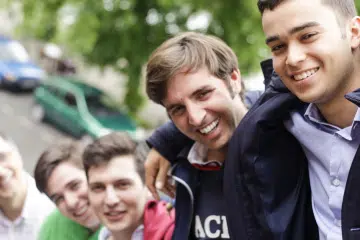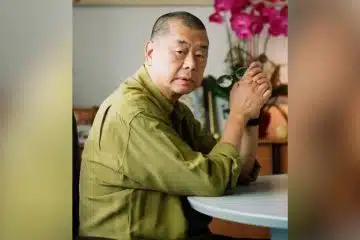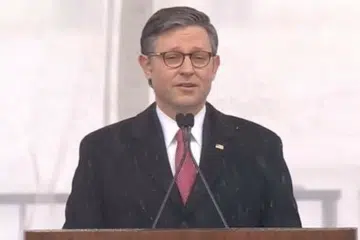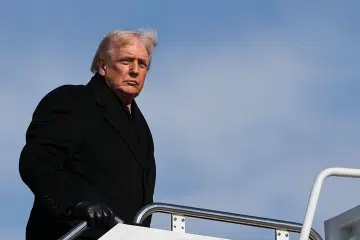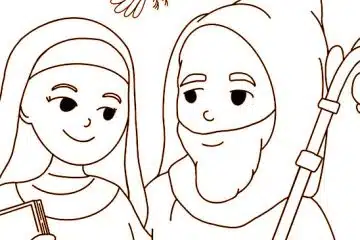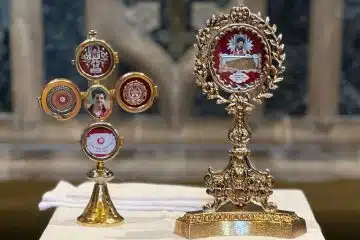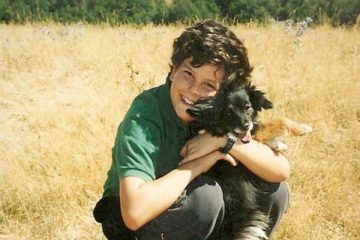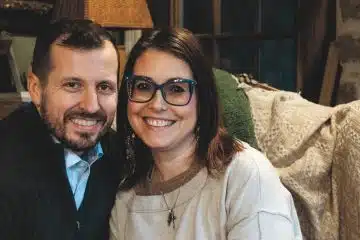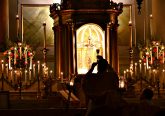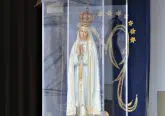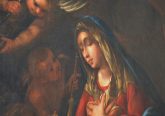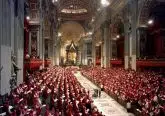Inaugural Catholic Studies lecture addresses Vatican II
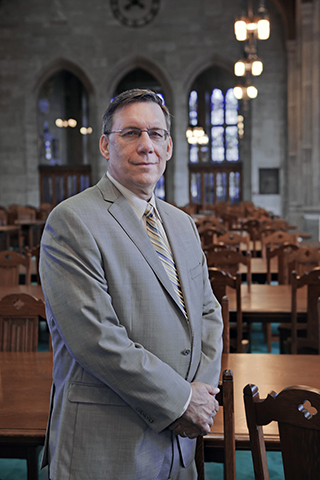
From the May 2013 print edition of The Catholic Telegraph
By Eileen Connelly, OSU
The Catholic Telegraph
With the goal of fostering interaction on matters of academic and popular Catholic interest, the University of Cincinnati’s Catholic Studies program launched its speaker series April 11 with the inaugural St. Monica-St. George Lecture by theologian Richard Gaillardetz at the Clifton parish.
Gaillardetz, Joseph Professor of Catholic Systemic Theology at Boston College and president-elect of the Catholic Theological Society of America, spoke on the Second Vatican Council in a presentation titled “Vatican II as an Unfinished Building Site.” Gaillardetz is the author of numerous books on current theological issues, as well as two books on Vatican II.
A project UC says is designed to “breach university boundaries, embrace the Catholic community, and share academic learning with the broader Cincinnati public,” the lectures will be held off-campus and will be open to university students, as well as the general public. The series will feature the St. Monica-St. George Lecture in the spring, and its fall counterpart, the Conway Lecture, said Jeff Zalar, chair of the new UC Ruth J. and Bob Conway Endowed Chair in Catholic studies. St. Monica-St. George parishioners and the Conways, known for their philanthropy, especially in Catholic education, helped establish the Conway Chair in Catholic Studies.
During his presentation, Gaillardetz used the image of an unfinished building site, originated by German theologian Hermann Pottmeyer, and noted that the task of the church today is to build a dome that draws all the “pillars of the new edifice” together.”
Completing the “building project” will involve “becoming a missionary church,” he said, noting that “the church is not to condemn the world, but transform it,” with the laity bringing the Gospel to their work, home and recreation and “allowing the Gospel to affect every aspect of our lives.”
Gaillardetz noted the importance of preserving the riches of Catholic tradition and the “enduring elements of our faith,” while also undergoing conversion. “All of us have to have the humility to put aside our own agenda and listen to the Spirit,” he said, and in doing so can be “the kind of church that can once again be the face of Christ to the world.”
In response to the presentation, Zalar said, “Dr. Gaillardetz led us in a fascinating inquiry into the historical purposes and outcomes of the Second Vatican Council. This was university scholarship at the highest level presented in a way that held a popular audience rapt with attention. It was precisely the kind of talk promised by the Catholic Studies Lecture Series. It challenged intellectually, provoked impassioned questions, and sparked conversations that lasted beyond its conclusion. Not everyone agreed with Dr. Gaillardetz’s remarks. So it is with university learning, which comes to us as propositions for wider review. One goal of the Catholic Studies Program at UC is to provide a forum for this review to occur. We welcome all Catholics to bring their learning to bear upon the important topics of our time.”
According to Zalar, future speakers in the lecture series will present a variety of theological views and talks will cover a wide range of topics, including history, art, music, contemporary affairs, politics, international events, ecumenical and interfaith relations and family life issues.
The scheduled fall speaker is John Connelly, UC-Berkley historian and author of From Enemy to Brother: The Revolution in Catholic Thinking on the Jews, 1933-1964.The presentation will be co-sponsored by UC’s department of Judaic studies and history department.
In addition to the lecture series, the Catholic Studies program is holding its first class, “The Catholic Intellectual Tradition,” this spring. The program will also eventually include several courses and community events.


